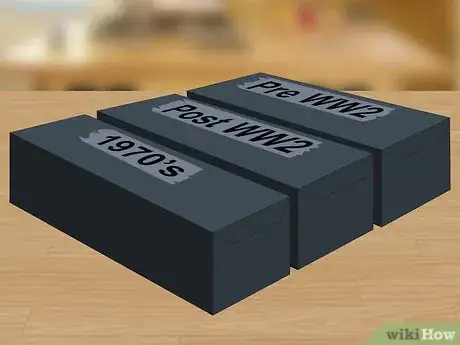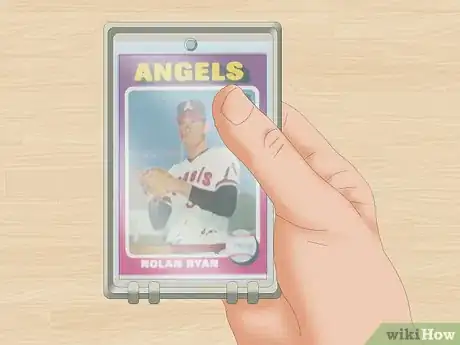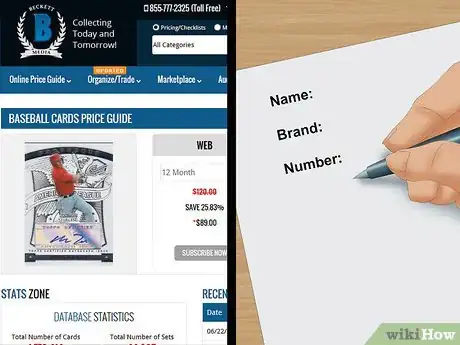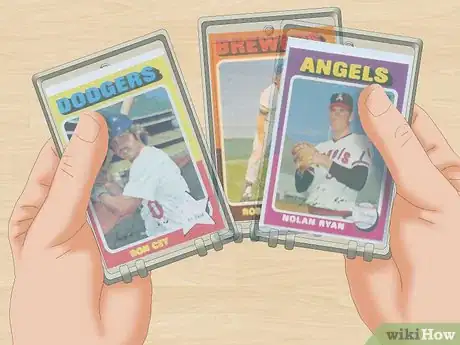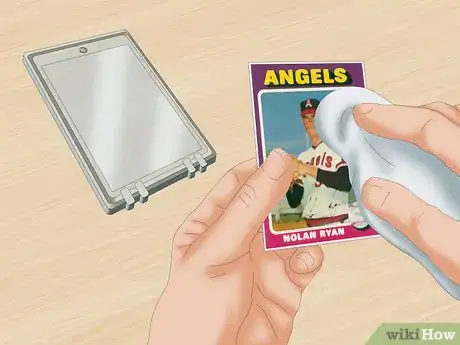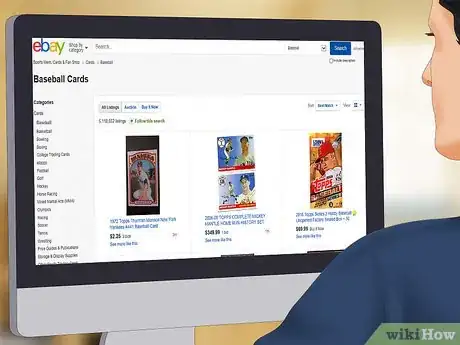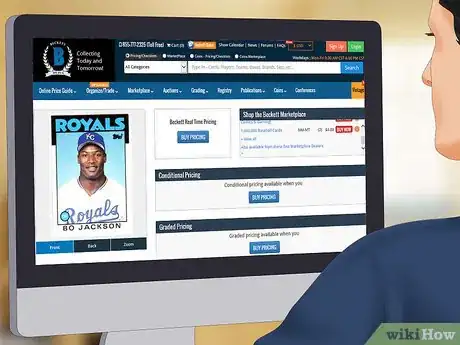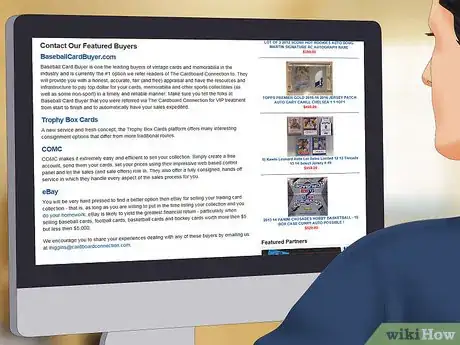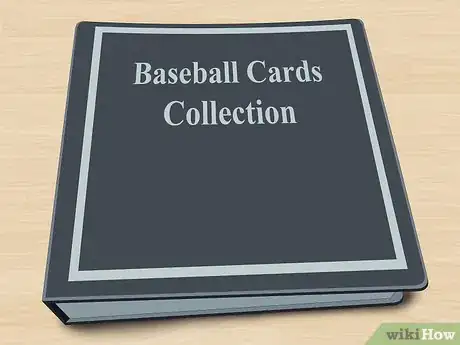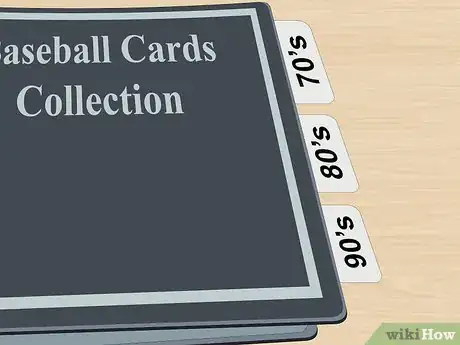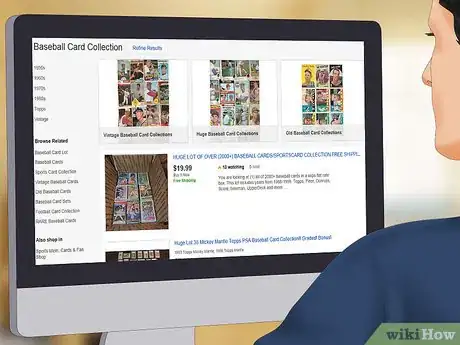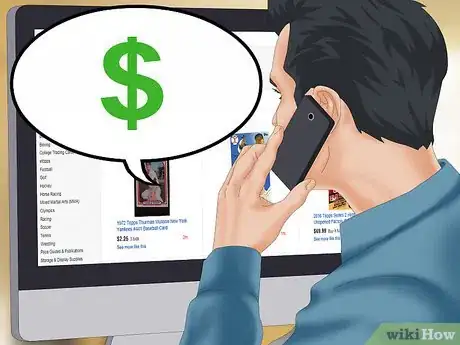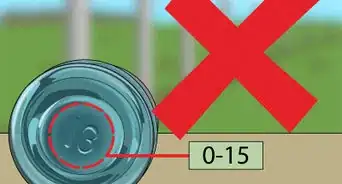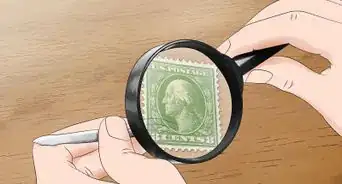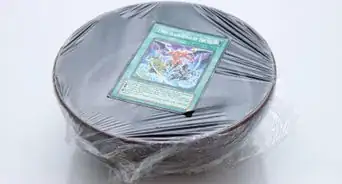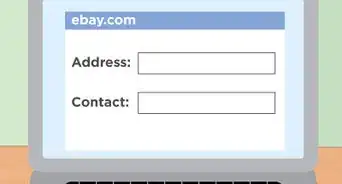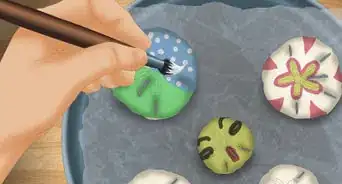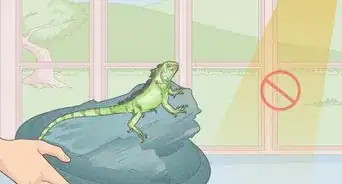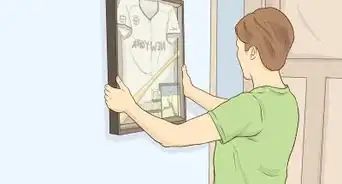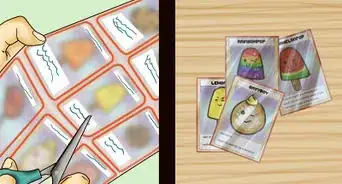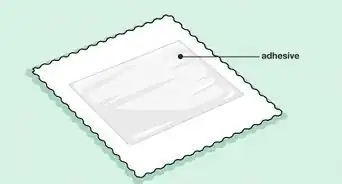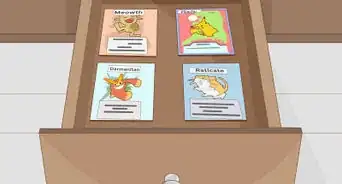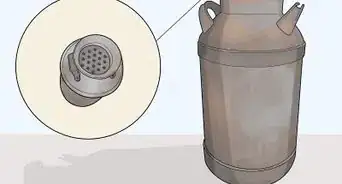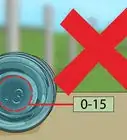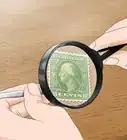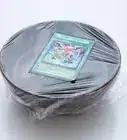This article was co-authored by wikiHow Staff. Our trained team of editors and researchers validate articles for accuracy and comprehensiveness. wikiHow's Content Management Team carefully monitors the work from our editorial staff to ensure that each article is backed by trusted research and meets our high quality standards.
This article has been viewed 55,046 times.
Learn more...
Selling your old baseball collection can become a fun endeavor. Sometimes the cards just aren’t worth parting with because of sentimental reasons. There is a large market out there for baseball cards (mostly for cards produced before 1970). If you put more effort into the presentation of the cards, your chances are higher of someone buying them.
Steps
Evaluating and Presenting Your Cards
-
1Organize your cards. To better determine the value of your cards, place them into three different categories. The first category is modern cards, or cards that were produced from the 1970s to the present. Then your next category is post-war cards, or cards produced between 1948 and 1969. Your last category of cards, if you have any of these, is call pre-war cards, or cards produced before WW2.[1]
- If you find that many of your cards are modern cards, you might not get much money for them.
- Modern cards were produced at the highest volume, so their value is very small.
-
2Take care of your cards. Get soft sleeves for your modern cards. For your higher end cards, use a higher protection like a magnetized case. It is only worth selling cards that have been well cared for.
- Any flaw in the card’s condition can decrease the overall worth of the card.[2]
Advertisement -
3Consult a Beckett price guide. Beckett is a company that tracks down the value of cards for serious card traders. To use their service, write down the baseball card's name, brand and number. This is not the player's number; it's the card's name. You can either use an online edition or find a hard copy to determine a rough estimate.[3]
- For example, rookie Barry Bonds Topps card ID number is 12. The market has it listed for $12 USD.
-
4Determine which cards to sell. For many avid card collectors, many of the cards that are most valuable are also the most sentimental. Decide if certain cards are worth parting with before having them evaluated by a card trader or hobbyist shop.[4]
- Check the condition of your Mickie Mantle card before departing with it. A card in poor condition may not be worth its sentimental value.
Selling Individual Cards
-
1Present the card. If you have a few cards that you want to sell individually, you’ll need to present the cards in a marketable fashion. Use a magnetic card holder to present the card as a higher end card. Wipe off any loose debris before placing the card in the holder.[5]
- It is generally recommended to only sell cards individually if they are rare cards. The market usually buys cards in a collection.
-
2Contact a local buyer. Any community has a “go-to” vintage cards buyer. Ask around in local sports stores that specialize in memorabilia as opposed to athletic gear. Tell them what type of cards you are trying to sell and ask if they or someone they know might be interested.
-
3Get the word out online. Put ads out on Craigslist, eBay or other websites where cards are sold. Newspapers and card collector magazine's classifieds are another possibility. Your best luck may be with eBay since it has an active community who knows what to look for.
- Be honest in your post. You’ll receive more inquiries if you take high quality pictures of the actual cards.
- Make sure the spotlight is on your cards. If there is a highlighting feature, make use of it.[6]
-
4Research and price your individual cards. Look through the online sellers who are also selling exactly the same card and take note of what price they are selling it for. Put the exact price or lower when you sell them, or they will not sell.
- Search the card's information before letting a dealer evaluate the card. For example, Bo Jackson's 1986 Topps ID number is 50T. The market online has the card worth about $140 USD in good condition.[7]
- Google search the cards you have. For example, google "Dock Ellis baseball card". You'll find plenty of information and prices online for the exact card you have.
-
5Use a local buyer or a card buying company. If you want to avoid the hassle of selling your cards independently, there are services available to help. Many buyers may be suspicious if you do not have a selling history. It is good to research as much as you can before presenting your cards to a buyer.[8]
Selling a Collection
-
1Purchase presentation supplies. A great way to showcase a larger collection of hand selected cards is by organizing them in a binder. Purchase a binder and pocket protection pages. You will be able to find the pocket protectors online or at your local hobby store.
-
2Present your cards. Organize your baseball cards by brand and year. Start with the oldest, most valuable cards, and move to the newer, less valuable cards.
-
3Research similar collections. Decide what the collection is worth as a whole. You may find it helpful to look for similar collections online, to see what they're charging. Take a moment to jot down every card in the collection in the order you are presenting them in. This will help you understand the worth, and inform the buyers of what exactly they are purchasing.[9]
-
4Determine a starting price. Always ask for a price a little higher than what they are really worth. This will open up a negotiation and barter between you and the buyer. Negotiate the best deal you can for your collection. Collect payment before sending your card collection out or having it collected if completing the transaction online.
- A secure way of paying and receiving payment online is a service like PayPal.[10]
Community Q&A
-
QuestionDoes this guide also work for Steam trading cards?
 DonaganTop AnswererNo, this is only for sports cards in physical form.
DonaganTop AnswererNo, this is only for sports cards in physical form. -
QuestionHow would I calculate the value of my cards?
 DonaganTop AnswererShow them to a card dealer (preferably more than one dealer). They would have to evaluate the condition they're in before they could determine their exact value.
DonaganTop AnswererShow them to a card dealer (preferably more than one dealer). They would have to evaluate the condition they're in before they could determine their exact value.
Things You'll Need
- Cards you want to sell
- make advertisements
References
- ↑ http://www.deanscards.com/sell-your-baseball-cards
- ↑ http://www.justcollect.com/sell-your-baseball-card-collection
- ↑ http://www.cardboardconnection.com/collectopedia/resources/baseball-card-buyers/
- ↑ http://www.indyweek.com/indyweek/i-thought-my-baseball-card-collection-had-value-it-did-but-only-to-me/Content?oid=3695583
- ↑ http://www.cardboardconnection.com/collectopedia/resources/baseball-card-buyers/
- ↑ http://www.cardboardconnection.com/collectopedia/resources/baseball-card-buyers/
- ↑ http://www.vintagecardprices.com/card-profile/106837/1986-Topps-Traded-Tiffany-Bo-Jackson-50T-Baseball-Card-Value-Prices.htm
- ↑ http://www.indyweek.com/indyweek/i-thought-my-baseball-card-collection-had-value-it-did-but-only-to-me/Content?oid=3695583
- ↑ http://www.cardboardconnection.com/collectopedia/resources/baseball-card-buyers/
About This Article
To sell baseball cards, start by organizing your cards chronologically since older cards are typically more valuable. Additionally, assess the condition of your cards since flaws decrease their overall worth. If the cards are in good condition, get a soft sleeve for modern cards and a magnetized case for higher end cards. Next, consult a Beckett price guide to get an idea of how much your cards are worth. In order to sell your cards, contact a local buyer or put an ad on Craigslist or eBay. To learn how to sell a collection of baseball cards, keep reading!
